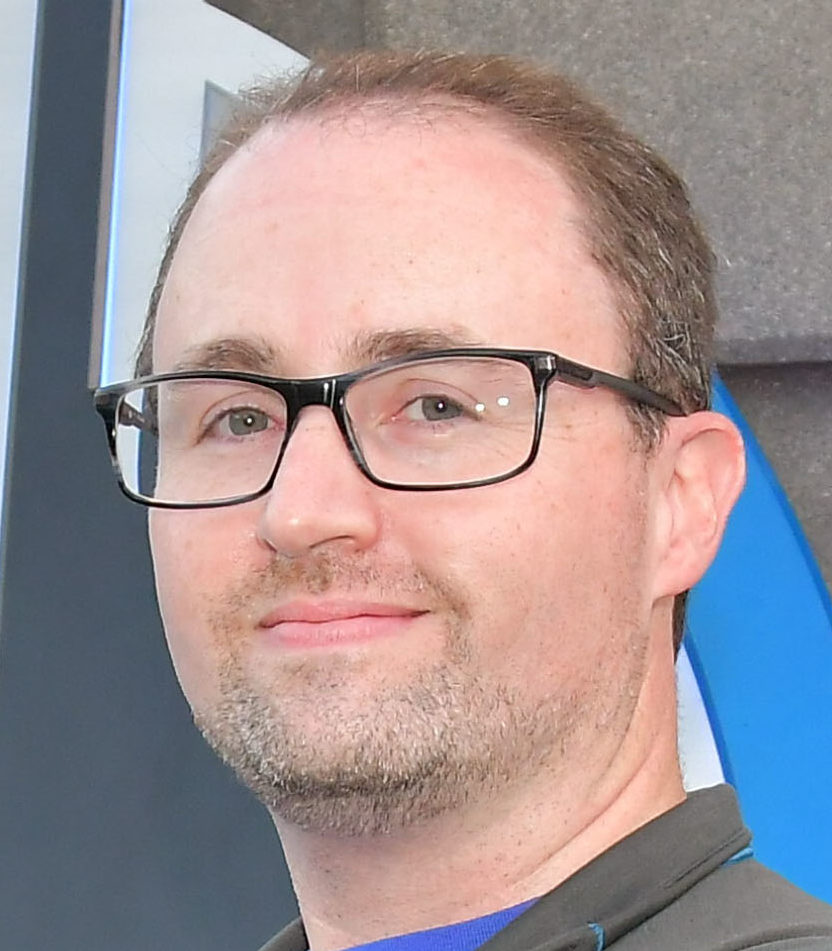UAH’s new library web site is live!
We’re also blogging!
http://libsys.uah.edu/php-scripts/libraryblog/
This is the culmination of many months of work, and I’m quite happy with the results. I should mention that we’d still be slogging away if it weren’t for Daniel, our amazing student worker from the communication arts (graphic design) department. But a lot of people had input, it was a real team effort.
The site didn’t get a complete overhaul – our link structure is probably 99% the same as it was. Secondary pages on the site are untouched except for a nice new banner at the top which will let us highlight upcoming events, and will be redone more completely as time goes on. But our new front page design, in addition to looking more modern, is flexible in both design and content. Our old design was functional, but adding or removing anything from the page tended to make the design explode. Very hard and frustrating to work with. And with the addition of dropdown menus, we’ve been able to bring a lot of deeper pages’ links to the surface without destroying the menu items people are familiar with from the old design.
